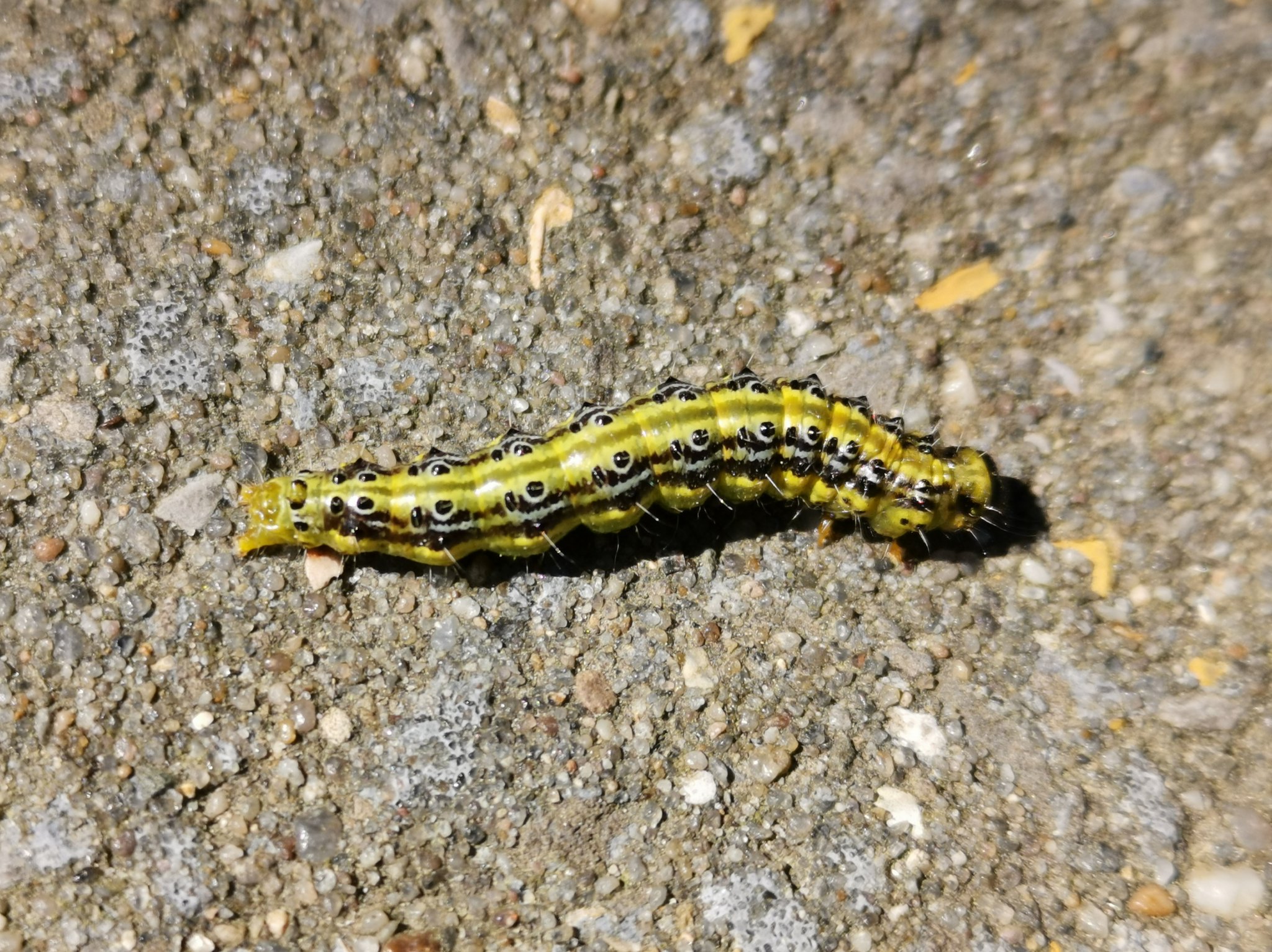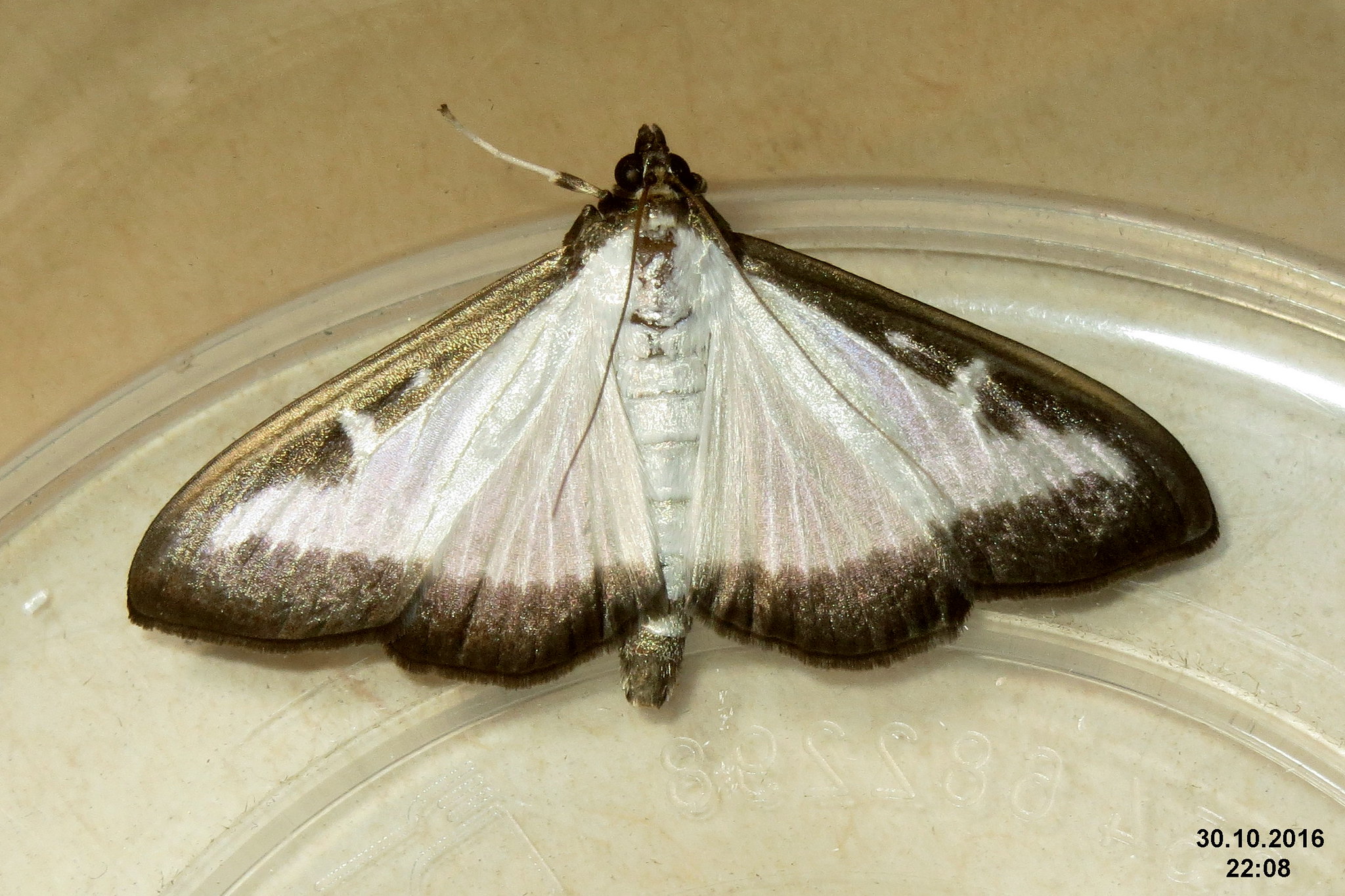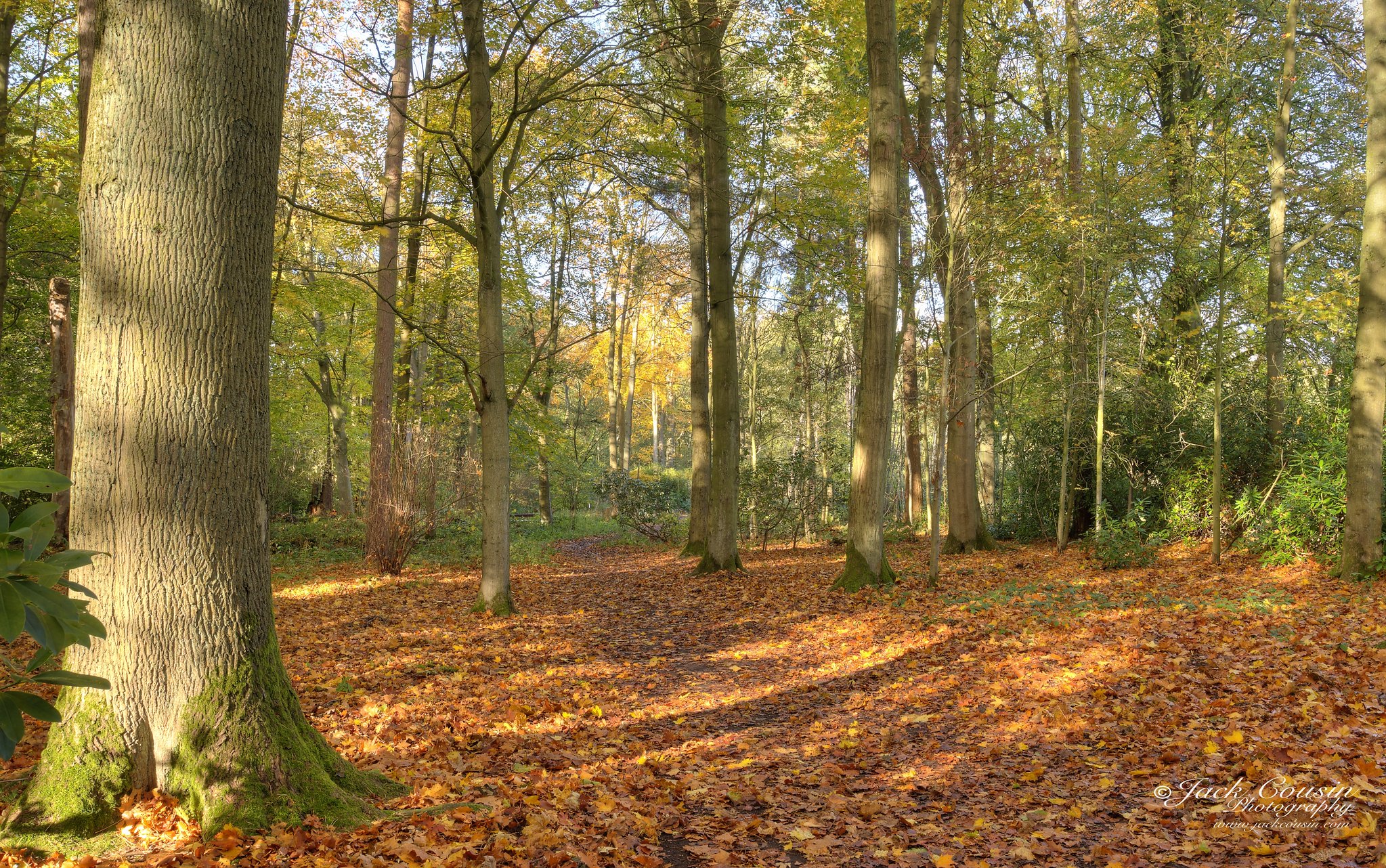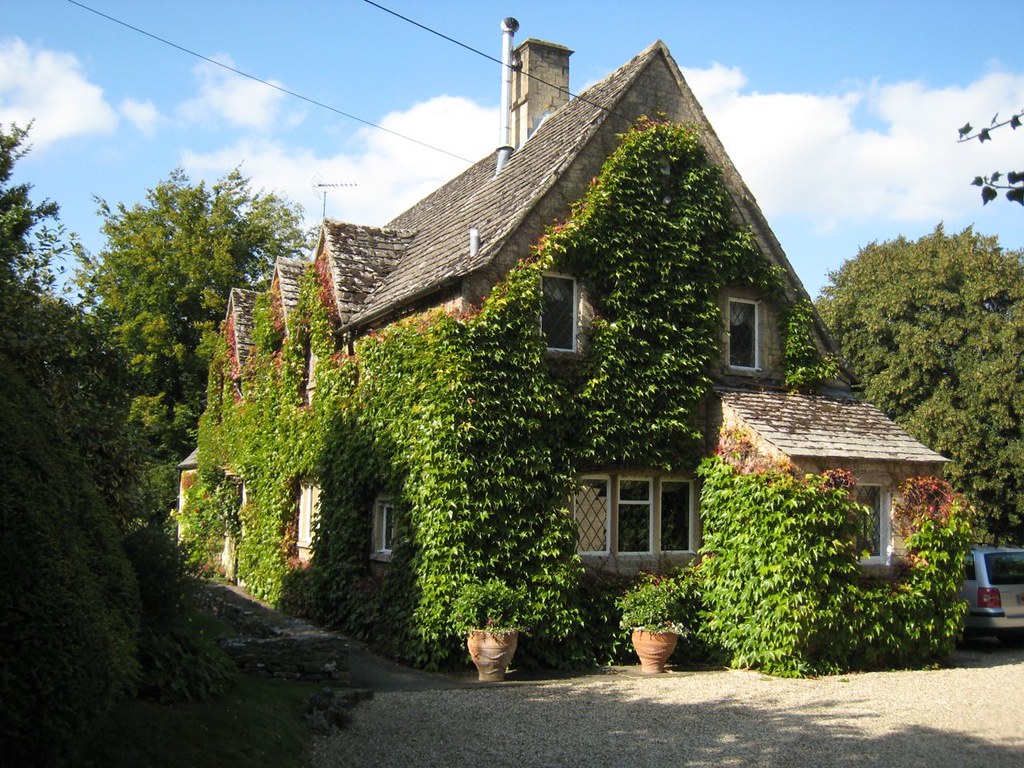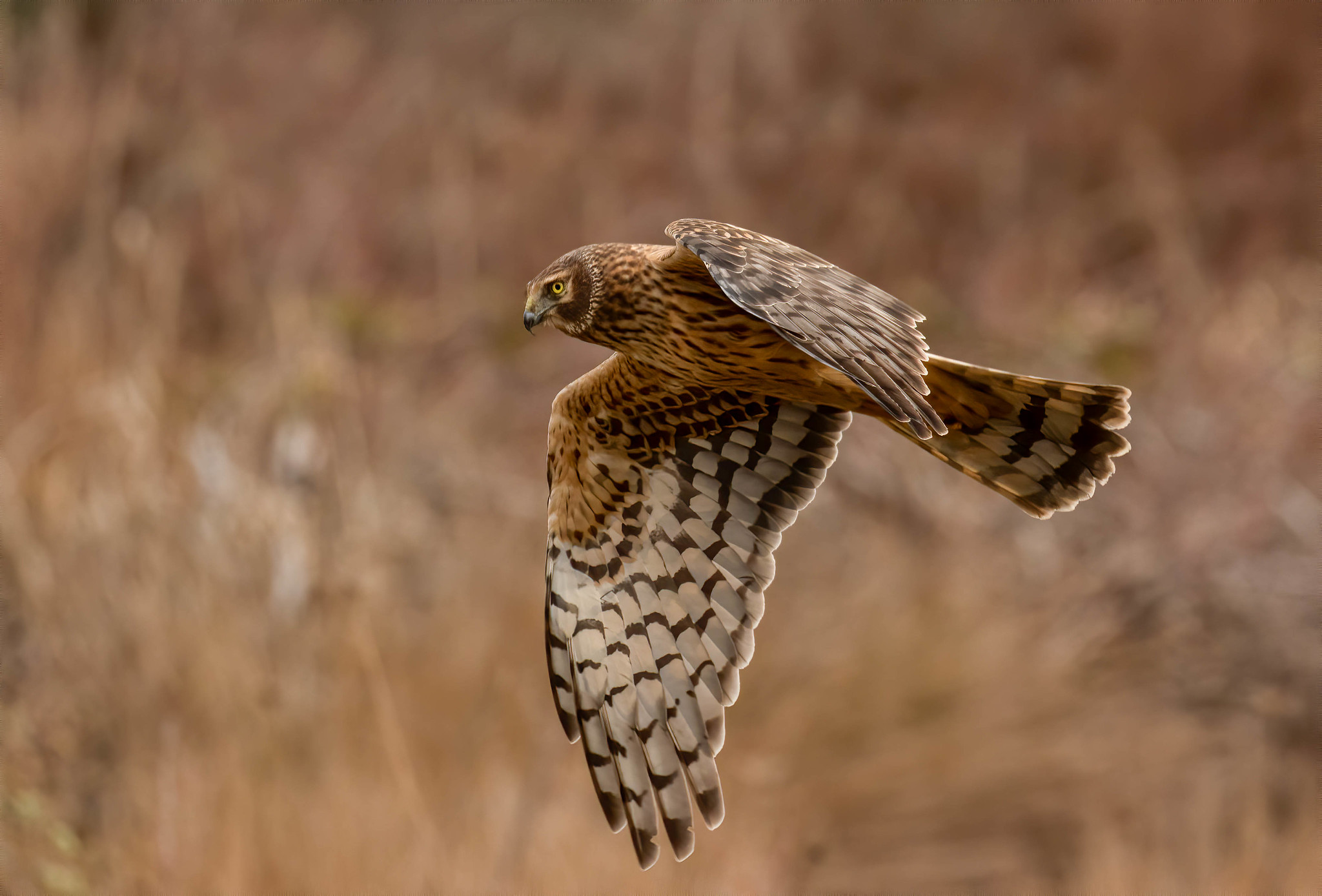 INEWS reports England’s hen harrier population had its best year for nearly two decades, with 60 chicks fledged from 19 nests this summer. The raptor, which is present in bigger numbers in Scotland, is rare in England. But a concerted conservation drive, high numbers of voles for eating and good weather have resulted in the best breeding season since 2002, according to Natural England.
INEWS reports England’s hen harrier population had its best year for nearly two decades, with 60 chicks fledged from 19 nests this summer. The raptor, which is present in bigger numbers in Scotland, is rare in England. But a concerted conservation drive, high numbers of voles for eating and good weather have resulted in the best breeding season since 2002, according to Natural England.
Hen Harrier photo by Deborah Freeman under creative commons.

